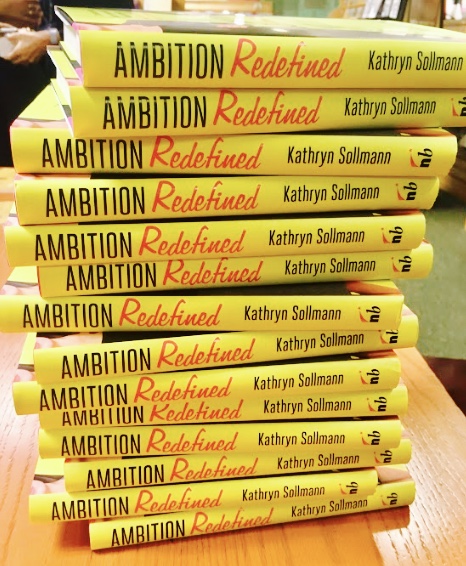This is a topic near and dear to my heart. My mom worked full-time when I was growing up. I have worked consistently since college, with a few breaks here and there. My path hasn’t been linear. I went to business school 15 years after I began my career, we moved around the country three different times and I took two multi-year breaks for family. All worth it.
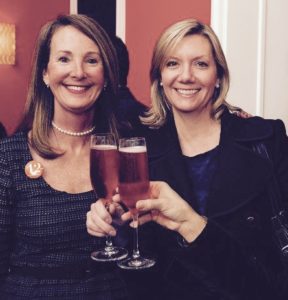
When I was VP Marketing at 12 Beverage with my friend Anne Chaisson who runs the Hamptons Film Festival
But, here’s the thing. I have a lot of friends who want to work, or go back to work, and are having a hard time getting a job.
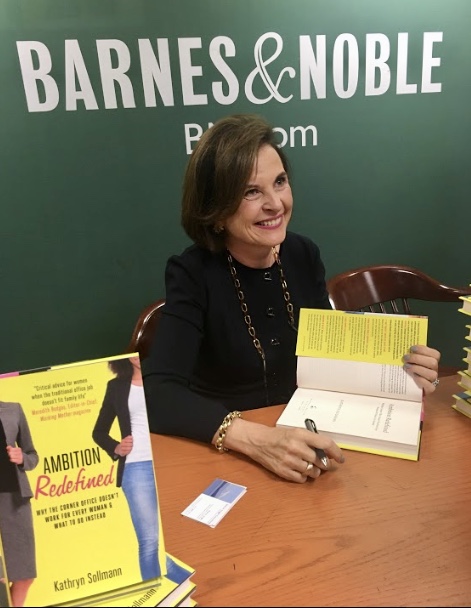
My friend Kathryn Sollmann just wrote a book called “Ambition Redefined” which is a great guide for all of us looking for our next gig – whatever that may be. I sat down with Kathryn at the book launch party to ask her a few questions:
What was your motivation to write this book Kathryn?
While I was writing my 9 Lives for Women blog, coaching current and returning professional women, and speaking to women at various events, I started thinking something was off with the ‘women and work’ narrative. It was too simplistic to say that women were either working or not working – too many had one foot in and one foot out of the workforce. I realized that women were making decisions about work and life based too much on emotional factors and not enough on long-term financial security factors. I also observed that most women weren’t aware that the workplace was really changing and that it was becoming more and more possible to work in a flexible way. When they referenced “work” they were really talking about the traditional full-time, in-the-office job that included a 60+ hour commitment, a long commute, lots of overnight travel and 24/7 availability to a corporate boss. So, I decided to write a book to change women’s perceptions of today’s professional opportunities. Also to tell them that they were under no obligation to “lean in” to an all-consuming quest to reach the pinnacle of Corporate America. I wanted to show women that it is possible to unapologetically develop your own brand of ambition and success – through work that fits and fund life alongside caregiving for children and aging parents.

Kathryn and her daughter, Caroline, an advertising professional in New York
Corporations are changing and flexible/remote work is becoming more common. But it is still not the norm. Do you have advice on how employees should/can navigate this?
It is more the norm than women realize. Though most employers do not shout from the mountaintops that they have a flexible work culture, just about every company offers some kind of flexible work. What isn’t the norm is a chapter in the employee handbook on how to get a flexible arrangement – so women largely need to navigate sometimes choppy waters on their own. Here are two suggestions to get the flexibility you want:
- Make a professional pitch for flexibility. I’ve spoken to thousands of women who tell me they left the workforce because “flexibility was just not possible at my company.” When I dig a little deeper, I find that they reached this conclusion after a simple ask like “Do you think I can work from home on Fridays?” The simple answer is no. But if you make a professional, written pitch for an alternative arrangement – outlining a very specific structure, where the work will get done, the set-up of your home office, what communications tools you will use, how flexibility could work for your immediate team, why your productivity will go up, and how the success of the arrangement will be monitored – there’s at least an 80% chance you’ll get the flexibility you want and need.
- Zero in on the companies that have the most flexible work cultures. If your current employer won’t budge or you’re returning to the workforce, head toward smaller employers. Flexibility can be found at a company of any size in any industry – but you will generally find more flexibility where there is not a lot of bureaucratic red tape. Smaller companies can be more nimble and more human.
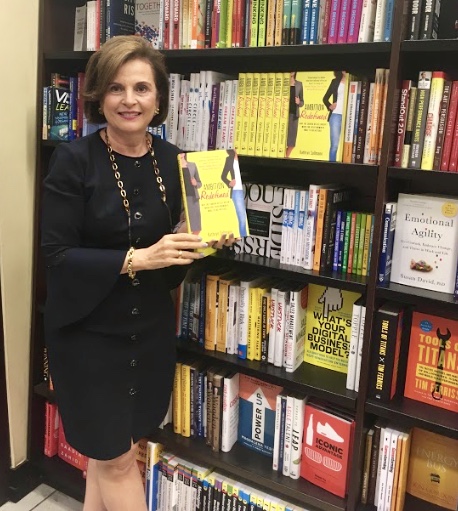
Age can feel like a barrier. There are many return-to-work programs to help employees get back into the workplace after taking a career break, yet this is not necessarily a job guarantee and these programs can be hard to get into. How can women navigate this issue?
In my book, I emphasize the fact that age is not an issue. Sure, there are companies and industries that favor recent college grads (think magazines, advertising agencies, internet start-ups), but we are in a time of lower unemployment when employers really need talent. A huge number of Baby Boomers are nearing retirement – creating a big knowledge drain. Though job seekers used to be dinosaurs at age 50, it is no longer the case. Here are some facts to dispel those outdated myths:
- 77% of employers say that many of their employees plan to continue working full-time or part-time past the traditional retirement age of 65. This means you will see a lot of older faces in all workplaces.
- In 2017 women over age 55 had much lower unemployment rates then younger women starting careers in the 20-24 age bracket.
- Older worked are in big demand in industries such as health, sales, information technology, advertising/marketing/PR, engineering, finance, operations, insurance and HR.
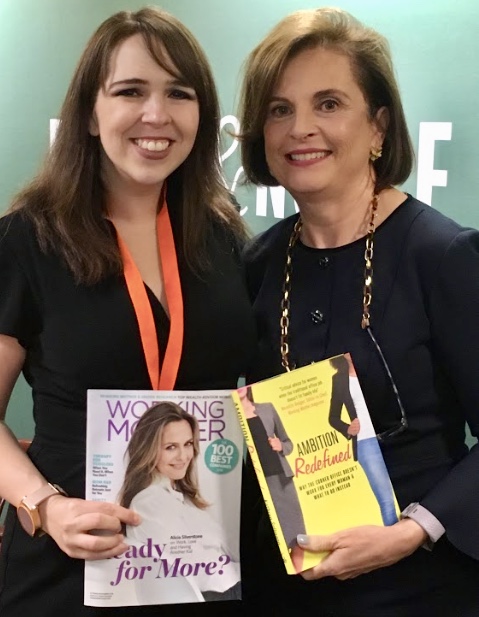
Working Mother Editor-in-Chief Meredith Bodgas and Kathryn speak to a full house at Barnes and Noble on 5th Avenue
Many of my peers would love to work now, but have not had success because they made the choice to stay home to take care of children or needed/chose to take a career break for a variety of other reasons. These are highly educated women who have had exceptional careers and still struggle to be heard. What are your thoughts on this?
This is a story I hear over and over. But it really boils down to how well those returning professional women are selling themselves and how they are going about the job search. Most job seekers – from the entry to executive levels are searching for jobs on the internet, diving headlong into a BIG BLACK HOLE. Networking is the way to find a job – and it’s even more critical for returning professionals. Most have a lackluster LinkedIn presence, where there is red hot recruiting activity. Most have resumes that lack critical size and scope information and the metrics that prove they were successful. I’ve coached thousands of returning professional women since 2002 and the single most important thing they need to do is show that they have continued to develop their business skills in their time out of the workforce. Describe all those volunteer jobs in bottom-line terms. And then go forth with confidence. You are still the woman who did all that great stuff before you had children…. with even more skills and life experience.

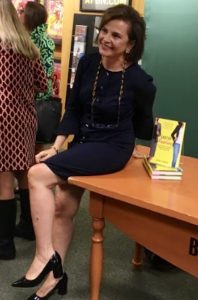
Thank you so much Kathryn, for all of your great advice and your fabulous new book as a guide. Go forth and network with your inner circle, former colleagues, school alumni and connections on LinkedIn! I am going to make networking a priority this fall/winter, so please reach out to me if you want to connect and let’s see how we can help each other. liz@thewryhome.com
Here is the link if you would like to read “Ambition Redefined”

Kathryn’s Blog: 9 Lives for Women

Author Kathryn Sollmann
the wry home

